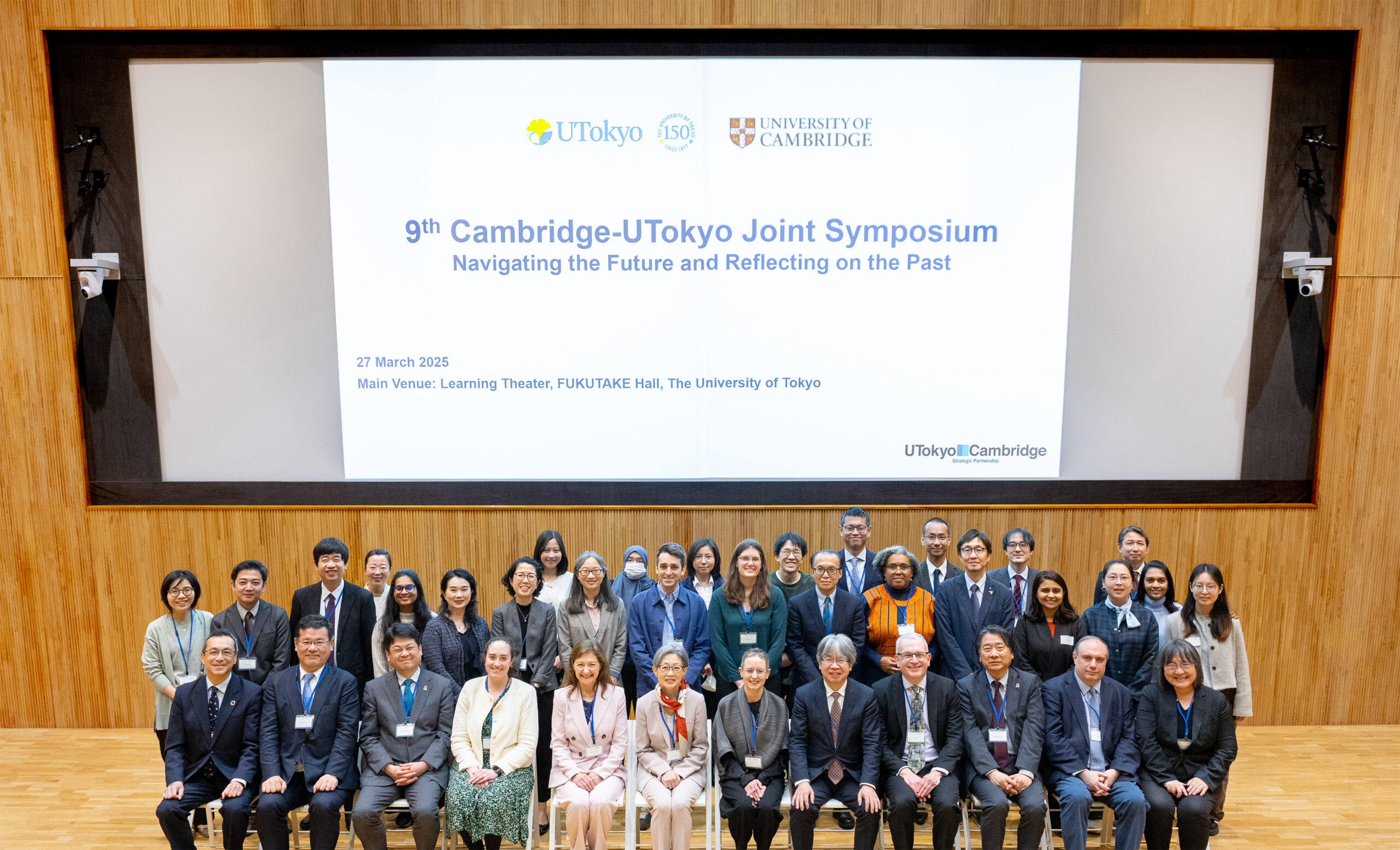This session aims to foster insightful and meaningful discussions on cutting-edge research, emerging technologies, sustainable practices, conservation strategies, and policy approaches to tackle climate change and create a more resilient and sustainable future. Keynote speakers from The University of Tokyo and the University of Cambridge will provide historical insights, examine the challenges of reaching net zero, and explore solutions for achieving sustainability. A distinguished panel of experts from diverse fields, including climate science, engineering, urbanism, energy systems, technology policy, and environmental law will analyse the complexities of this issue and delve into potential pathways toward a more sustainable future.
This session will also include opening remarks and comments from senior leaders of the two universities and Science and Innovation, British Embassy.
Venue: Learning Theater, FUKUTAKE Hall, Hongo Campus, The University of Tokyo
Click HERE for the Program
Chair
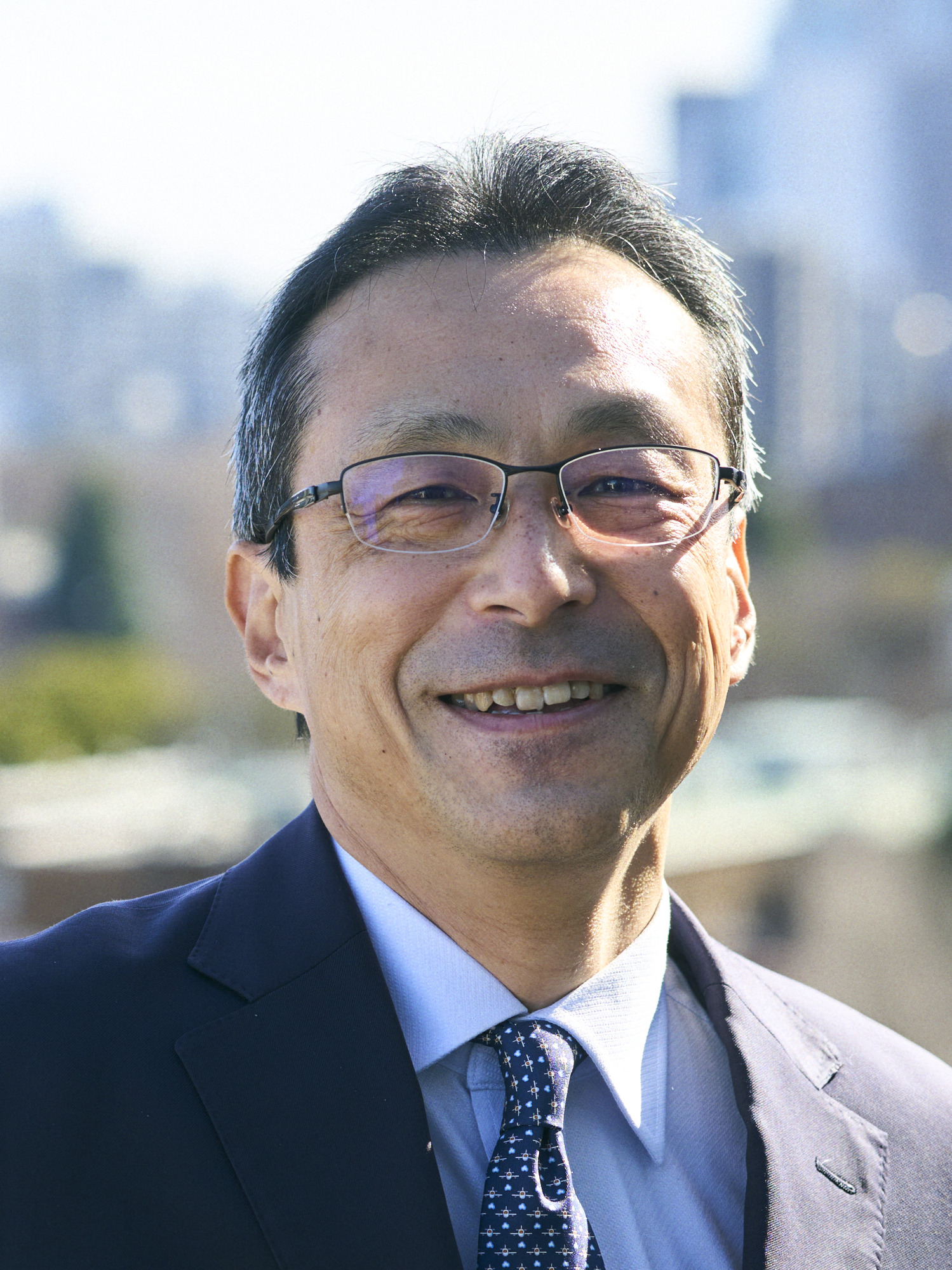
Yasushi Umeda
Professor
Research into Artifacts, Center for Engineering (RACE)
School of Engineering
The University of Tokyo
Yasushi Umeda is a Full Professor in RACE (Research into Artifacts, Center for Engineering), School of Engineering, the University of Tokyo, Japan. He holds BE, ME, and Dr. Eng. in Precision Machinery Engineering from the University of Tokyo. He authored/edited 29 books, over 150 peer-reviewed articles, and has 19 patents granted/pending. Five of his papers won best paper awards in scientific journals and international conferences. His research interests include circular economy, smart manufacturing systems, life cycle engineering, eco-design, sustainability science, and design theory; especially, his current research interests include development and implementation of the concept of Digital Triplet.
Moderator
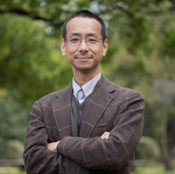
Junichiro Shiomi
Professor
Institute of Engineering Innovation
Department of Mechanical Engineering
The University of Tokyo
Junichiro Shiomi is Professor in Institute of Engineering Innovation and Department of Mechanical Engineering, School of Engineering, the University of Tokyo (UTokyo). He received B.E. (1999) from Tohoku University, and Ph. D. (2004) from Royal Institute of Technology (KTH), Sweden. Leading the Thermal Energy Engineering Lab, he has been pursuing research to advance thermal management, waste heat recovery, and energy harvesting technologies based on nano-to-macro innovation in materials, structures, and systems.
Prof. Shiomi has been leading several projects including Grant-in-Aid for Scientific Research (S) (JSPS), Core Research for Evolutional Science and Technology (JST-CREST), Precursory Research for Embryonic Science and Technology (JST-PRESTO), and New Energy and Industrial Technology Development Organization (NEDO) projects. He is Fellow of Japan Society of Mechanical Engineers, Member of Science Council of Japan, and Member of Engineering Academy of Japan. He serves as an Associate Editor of Nanoscale and Microscale Thermophysical Engineering.
He is a recipient of the Zeldovich Medal from the Committee on Space Research, the Commendation for Science and Technology by the Minister of Educational, Culture, Sports, Science and Technology (the Young Scientists’ Prize and the Science and Technology Prize), the Academic award of Heat Transfer Society of Japan, the Academic Award of Thermoelectric Society of Japan, the JSPS Award, and the Nukiyama Memorial Award.
Video Message
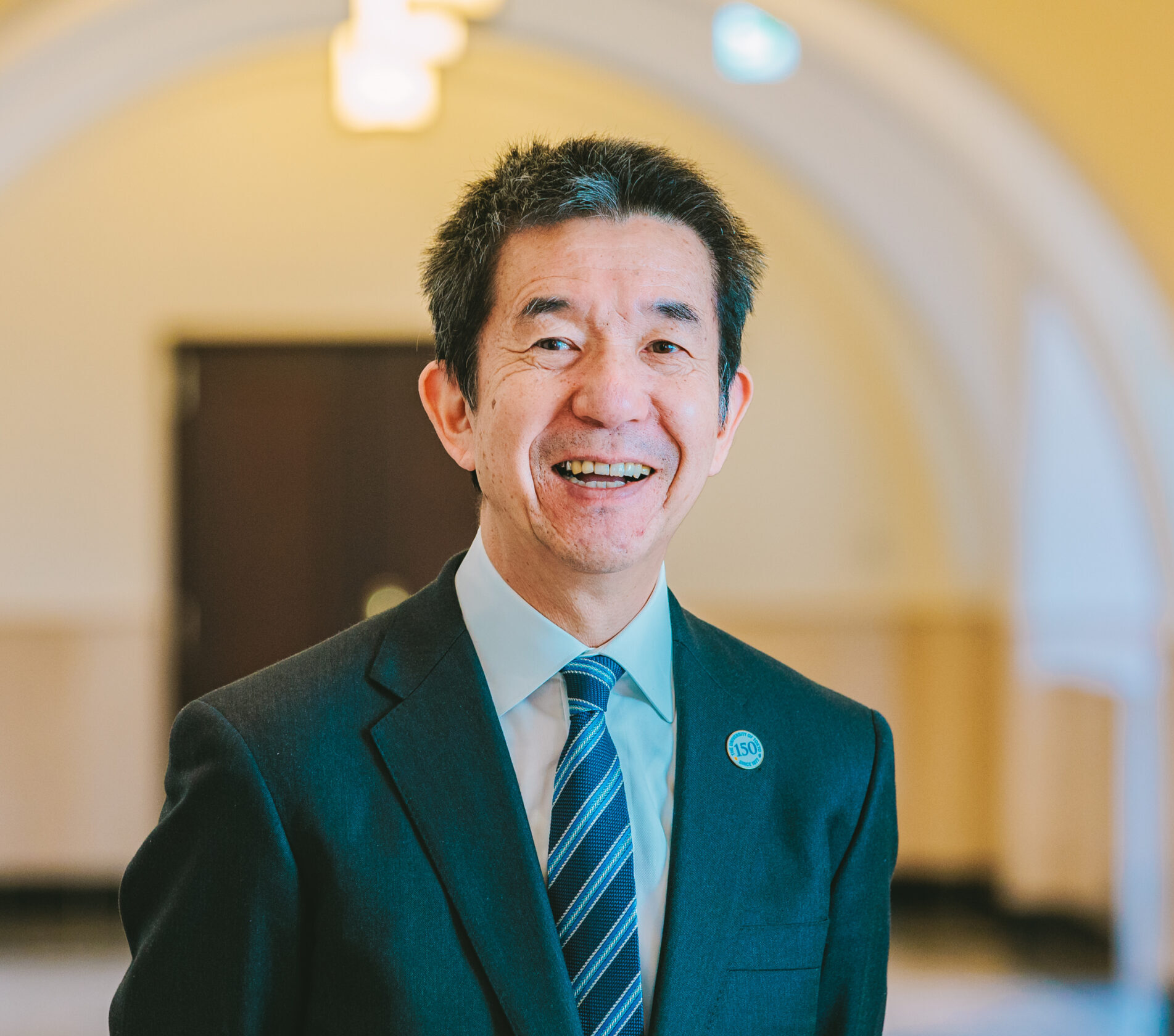
Atsushi Tsuda
Executive Vice President 150th Anniversary of Tokyo Chair The University of Tokyo
Professor Atsushi Tsuda began his career as an assistant professor at the Ocean Research Institute of the University of Tokyo, and has served as Chief of Biological Oceanography Section, Hokkaido National Fisheries Research Institute, Fisheries Agency, Professor and Director of the Atmosphere and Ocean Research Institute of the University of Tokyo. Currently, he is an executive vice president in charge of social cooperation, industry-academia co-creation, 150th anniversary projects, and general affairs. He has many accomplishments in biological oceanography, especially in zooplankton ecology and the effects of iron as trace element on marine ecosystems in the open ocean.
Speakers

Deborah Prentice
Vice-Chancellor
University of Cambridge
Professor Deborah Prentice became the University of Cambridge’s 347th Vice-Chancellor on 1 July 2023.
An eminent psychologist, Professor Prentice carried out her academic and administrative career at Princeton University, which she first joined in 1988. She rose through the academic ranks and took on administrative responsibilities of increasing scope, chairing the Department of Psychology for 12 years, serving as Dean of Faculty for three years, and then serving six years as Provost, with primary responsibility for all academic, budgetary, and long-term planning issues.
Her academic expertise is in the study of social norms that govern human behaviour – particularly the impact and development of unwritten rules and conventions, and how people respond to breaches of those rules. She has edited three academic volumes and published more than 50 articles and chapters, and she has specialised in the study of domestic violence, alcohol abuse and gender stereotypes.
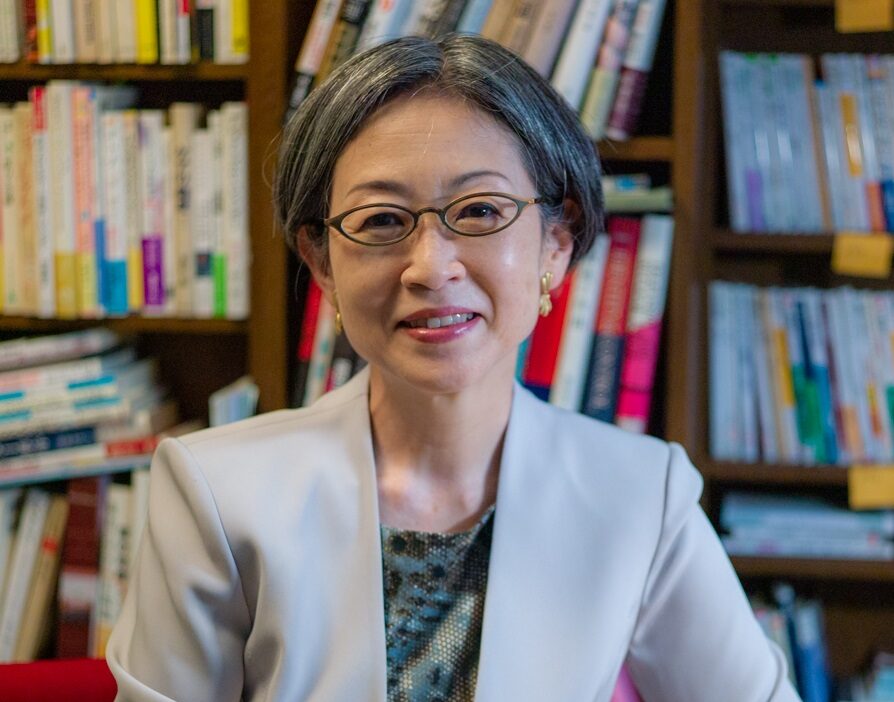
Kaori Hayashi
Executive Vice President
The University of Tokyo
Kaori Hayashi is Professor of Media and Journalism Studies at the Graduate School of Interdisciplinary Information Studies, the University of Tokyo. She is Executive Vice President of the University of Tokyo in charge of global as well as diversity & inclusion affairs. She has served as the founding director of the B’AI Global Forum, which was set up within the Institute for AI and Beyond at the University of Tokyo. She is a contributor and columnist for a variety of media including Asahi Shimbun, one of the largest national dailies in Japan. She was a visiting scholar at Goldsmiths in 2017, hosted by the Abe Fellowship at the Social Science Research Council. Her most recent English publications include “The Silent Public in a Liberal State: Challenges for Japan’s Journalism in the Age of the Internet” in The Crisis of Liberal Internationalism. Japan and the World Order. Edited by Yoichi Funabashi and G. John Ikenberry. Brookings Institution Press, 2020, 325-358; “Gendered power relations in the digital age: An analysis of Japanese women’s media choice and use within a global context” in Feminist Media Studies, 2021. McNeill, David and Kaori Hayashi ”Fringe Benefits: Weekly Magazines and Access Journalism in Japan”. The Routledge Companion to News and Journalism. Second Edition, 2022, 442-450. Her co-authored paper “Taking a Break from News: A Five-nation Study of News Avoidance in the Digital Era” received 2023 Digital Journalism Outstanding Article of the Year Award, Bob Franklin Journal Article Award as well as 2023 Wolfgang Donsbach Outstanding Journal Article of the Year Award.

Laura Moretti
Professor of Early Modern Japanese Literature and Culture
Head of Department of East Asian Studies
Co-Chair of the Faculty of Asian and Middle Eastern Studies
University of Cambridge
Laura Moretti is Professor of Early Modern Japanese Literature and Culture at the University of Cambridge and a fellow at Emmanuel College. Her research focusses on early modern Japanese commercial prose. She has published extensively in English and Japanese, including: Graphic Narratives from Early Modern Japan: The World of Kusazōshi (edited with Satō Yukiko; Brill, 2024); Pleasure in Profit: Popular Prose in Seventeenth-Century Japan (Columbia University Press, 2020); Recasting the Past: An Early Modern Tales of Ise for Children (Brill, 2016); and “The Japanese Early-Modern Publishing Market Unveiled: A Survey of Edo-Period Booksellers’ Catalogues,” East Asian Publishing and Society 2 (2012): 199–308. Every year she runs the Mitsubishi Corporation Summer School in Early Modern Japanese Palaeography, which celebrated the twelfth anniversary in 2025.
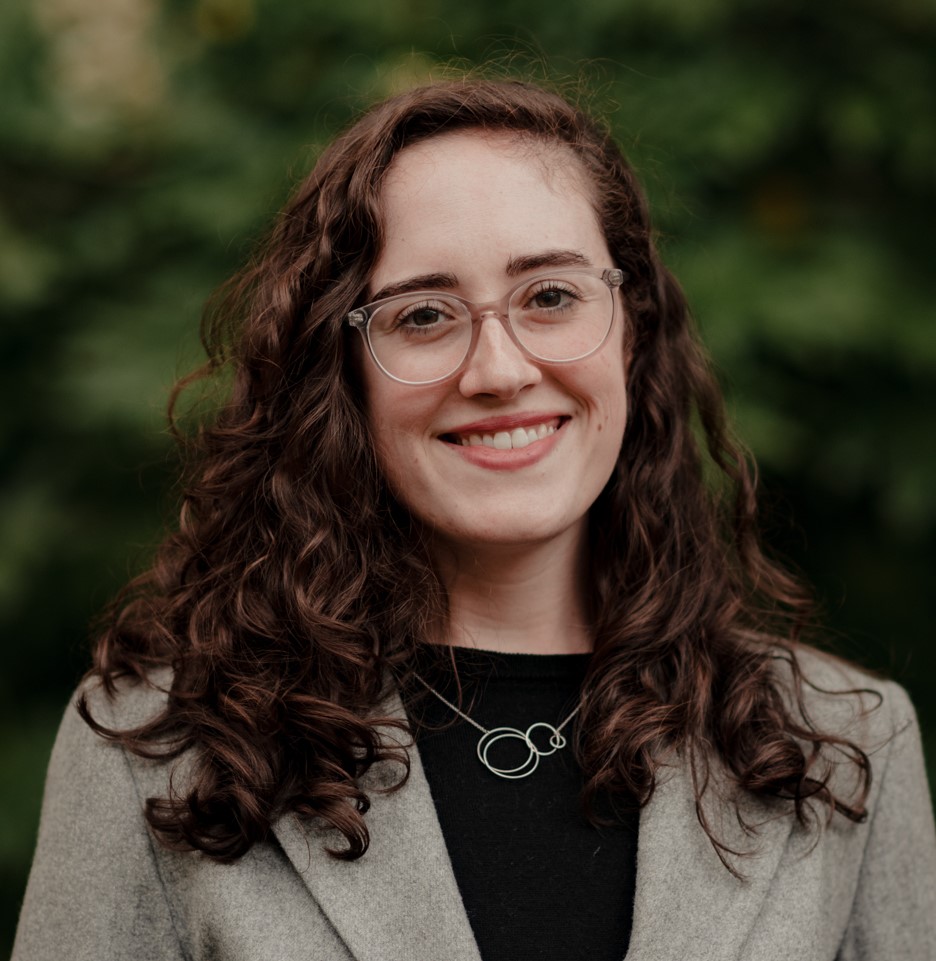
Helen Caldwell Reynolds
Head of Science and Innovation
British Embassy Tokyo
Helen is the Head of Science and Innovation at the British Embassy in Tokyo. Previously, she spent five years working at a London-based govtech startup in a variety of roles including marketing, organising online events, and designing virtual courses. Before working in tech, she worked at an international law firm focusing on cases related to gender discrimination. She holds a BA in Global Affairs and Gender Studies from Yale University and an MPhil in Gender Studies from the University of Cambridge.
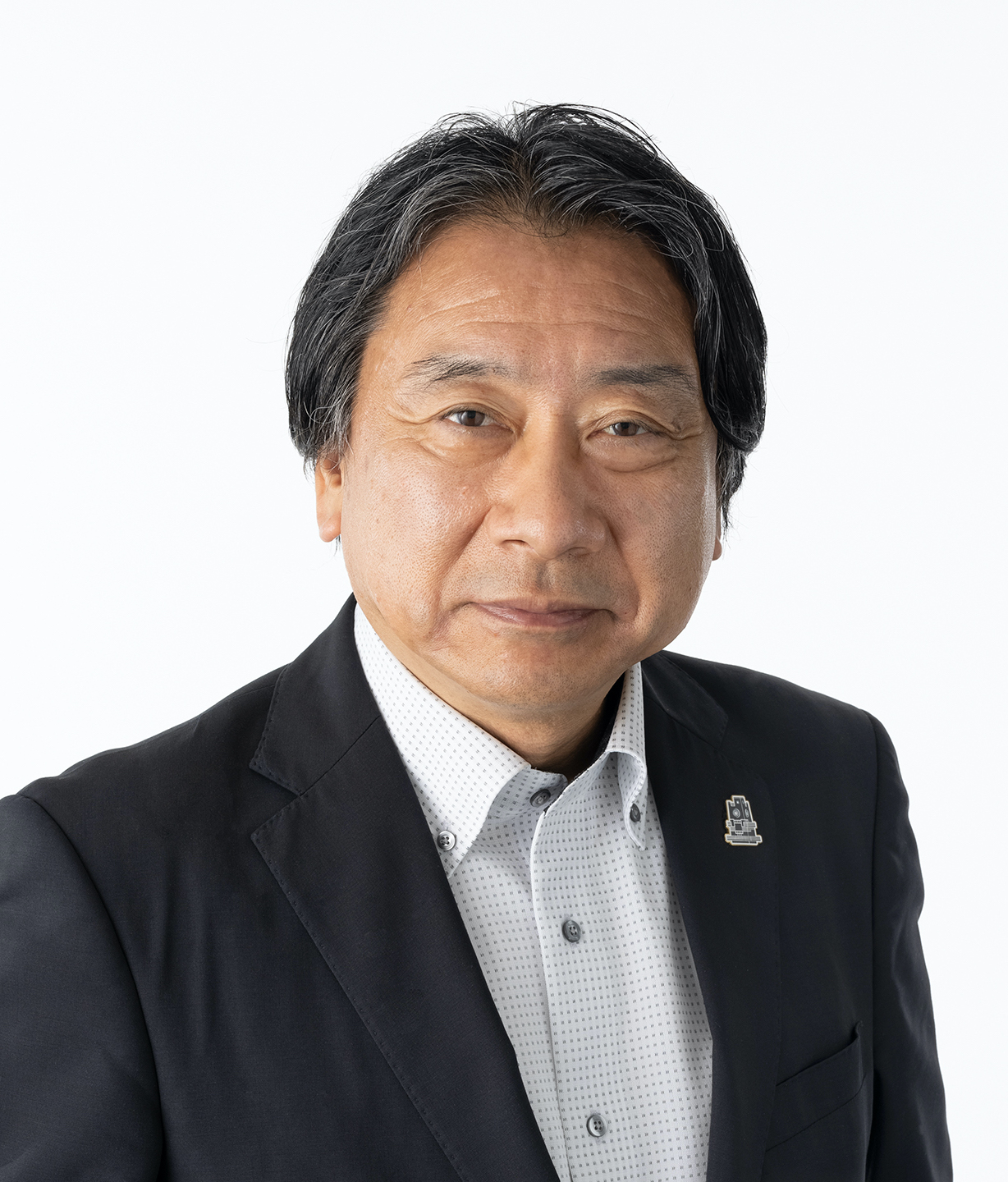
Hisashi Nakamura
Professor
Research Center for Advanced Science and Technology (RCAST)
The University of Tokyo
Hisashi Nakamura is a professor at Research Center of Advanced Science and Technology (RCAST), the University of Tokyo. After receiving Ph.D. in atmospheric science from the University of Washington in 1990 and then staying in Seattle and Princeton as a postdoc, he became a faculty member of the University of Tokyo in 1993. Nakamura has published 180 refereed papers in making significant contributions to various areas of climate dynamics, including assessing dynamics of preferred modes of atmospheric variability and their modulations under the global warming, revealing active roles of warm ocean currents and associated sea-surface temperature fronts in shaping extratropical jets/storm-tracks and their variability in addition to organization of cloud/precipitation systems, as well as the role of air-sea interaction in the formation of subtropical anticyclones. He was a full member of the Science Council of Japan and currently acts as the project leader of ClimCORE for regional atmospheric reanalysis around Japan, vice president of the Meteorological Society of Japan, chair of the Advisory Panel on Extreme Climate Events of the Japan Meteorological Agency, and chair of the Meteorological Section, Transportation Policy Council under the Ministry of Land, Infrastructure, Transportation and Tourism. He received the Yamamoto-Shono award (1994), highest academy award (2004), and the Fujiwhara award (2020) from the Meteorological Society of Japan, as well as Fellow of the Japan Geoscience Union (2022), and Commendation for Science and Technology by the Minister of MEXT (2023).
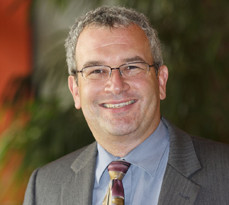
David Reiner
Professor of Technology Policy
Assistant Director of the Energy Policy Research Group
Cambridge Judge Business School
David Reiner is Professor of Technology Policy and Assistant Director of the Energy Policy Research Group at Cambridge University. He is also a Research Associate of the Centre for Energy and Environmental Policy Research at MIT. His research focuses on energy and climate change politics, policy, economics, regulation, and public attitudes, with a particular focus on social license to operate. He is a leading expert on carbon capture and storage and greenhouse gas removal, and he has also published on retail markets, subsidy reform, low-carbon technologies, industrial decarbonisation, and the dynamics of demonstration. Methods employed include large- and small-scale public and stakeholder surveys, public communications and engagement exercises, economic, policy, and historical analysis. Prof Reiner has led public and stakeholder surveys on energy and climate change in over a dozen European countries as well as in China, Japan, India, Brazil, the US, and Australia. He has served on various UK, European Commission, and international advisory panels including the CCUS Council, which is chaired by the UK Energy Minister. He has given invited talks in over 20 countries and has provided written and oral testimony to several committees of the House of Commons.
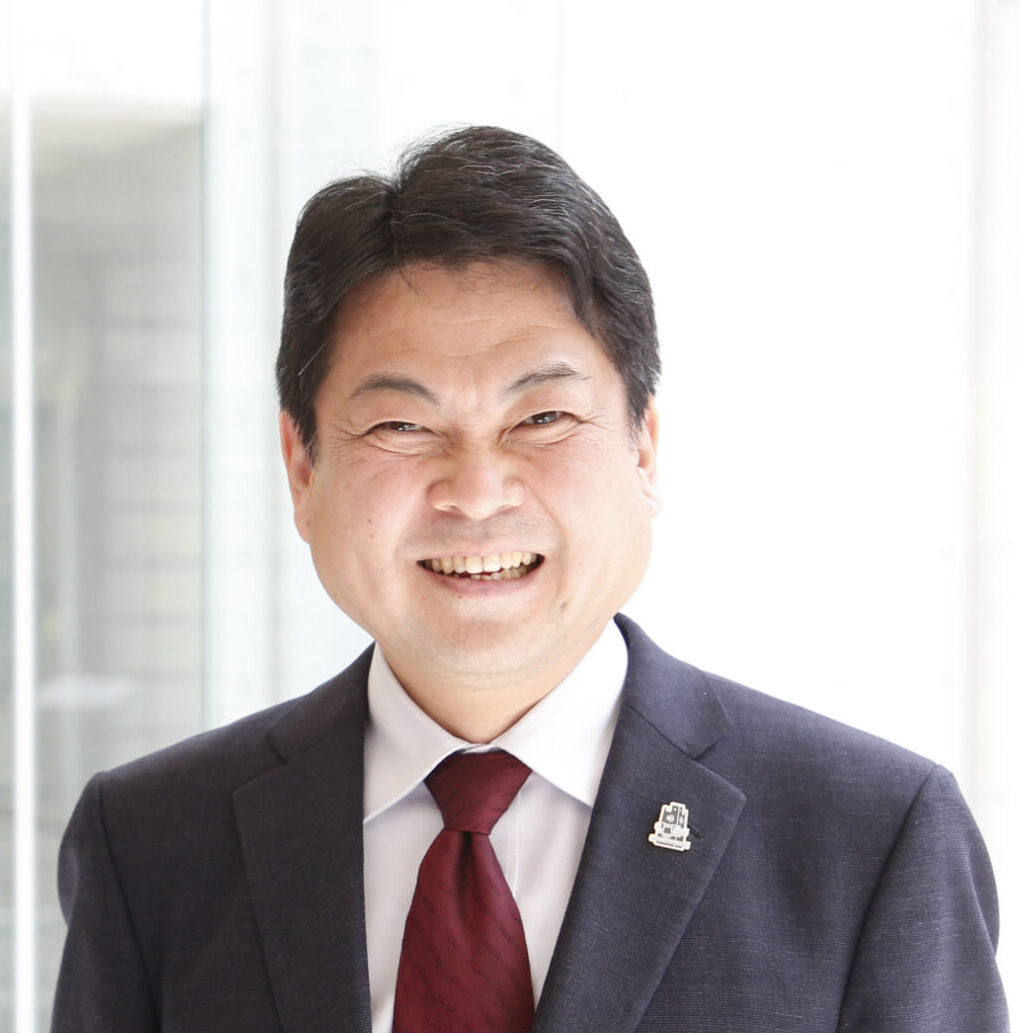
Masakazu Sugiyama
Professor
Research Center for Advanced Science and Technology (RCAST)
The University of Tokyo
Masakazu Sugiyama is the director and a professor at Research Center for Advanced Science and Technology (RCAST), The University of Tokyo. He received the B.E., M.S., and Ph.D. degrees in Chemical Systems Engineering, all from the University of Tokyo, Japan, in 1995, 1997, and 2000, respectively. In 2000, he became a Research Associate at the Department of Chemical System Engineering, the University of Tokyo. In 2002, he joined the Department of Electronic Engineering as a Lecturer. He became an Associate Professor in 2005. In 2016, he was promoted to a full professor and then moved to RCAST in 2017.
His major research topics are high-efficiency photovoltaic (PV) devices using the nano-epitaxial structures of III-V compound semiconductors. He is a recognized leader in the sustainable conversion of solar energy to next-generation fuels. He is a program manager of Japanese MOONSHOT program, aiming to realize CO2 capture and conversion to chemical feedstocks driven by renewable electricity. He authored and coauthored 300 refereed journal publications and 510 international conference papers.

Ying Jin
Professor
Department of Architecture,
University of Cambridge
Ying Jin is Director of the Martin Centre for Architectural and Urban Studies - a research centre that has more than 50 years of track record in interdisciplinary research on buildings, cities and the wider built environment - in the Dept of Architecture of Cambridge University. He leads the theoretical development and practical applications of city-scale computer models at the Martin Centre, and since 2011 he is the lead convenor of the biennial international symposia on applied urban modelling.
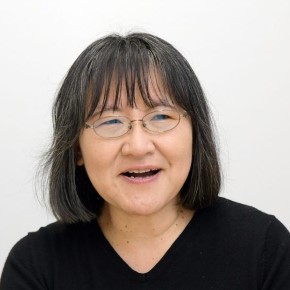
Yukari Takamura
Professor
Institute for Future Initiatives
The University of Tokyo
Yukari Takamura is Professor at the Institute for Future Initiatives, The University of Tokyo. After receiving Master of Laws (Public International Law) from Hitotsubashi University, Tokyo, she was appointed Associate Professor at Shizuoka University. Before joining the University of Tokyo in 2018, she worked as Professor at Ryukoku University, Kyoto, and Professor at Nagoya University, Japan. She also studied at Graduate School of University of Paris II (Panthéon-Assas), France and was Visiting Researcher at University of London, U.K.
She is member of the Editorial Board of Journal Sustainability Science and of the Editorial Advisory Board of Journal Climate Policy. She is member of Board of Directors of the Japanese Society for Environmental Economics and Policy Studies as well as member of the Board of Executive Directors of the Japanese Society for Environmental Law and Policy Studies.
She serves as member of governmental advisory bodies, among others, Central Environmental Council as President, and Procurement Price Calculation Committee for Feed-in Tariff Scheme for Renewable Energy as Chair. She is also member of the Advisory Group on Climate Change and Sustainable Development of the Asian Development Bank (ADB). She is member of Science Council of Japan and serves as Vice President since October 2020, and received Environmental Conservation Merit’s Minister of the Environment Award in 2018.
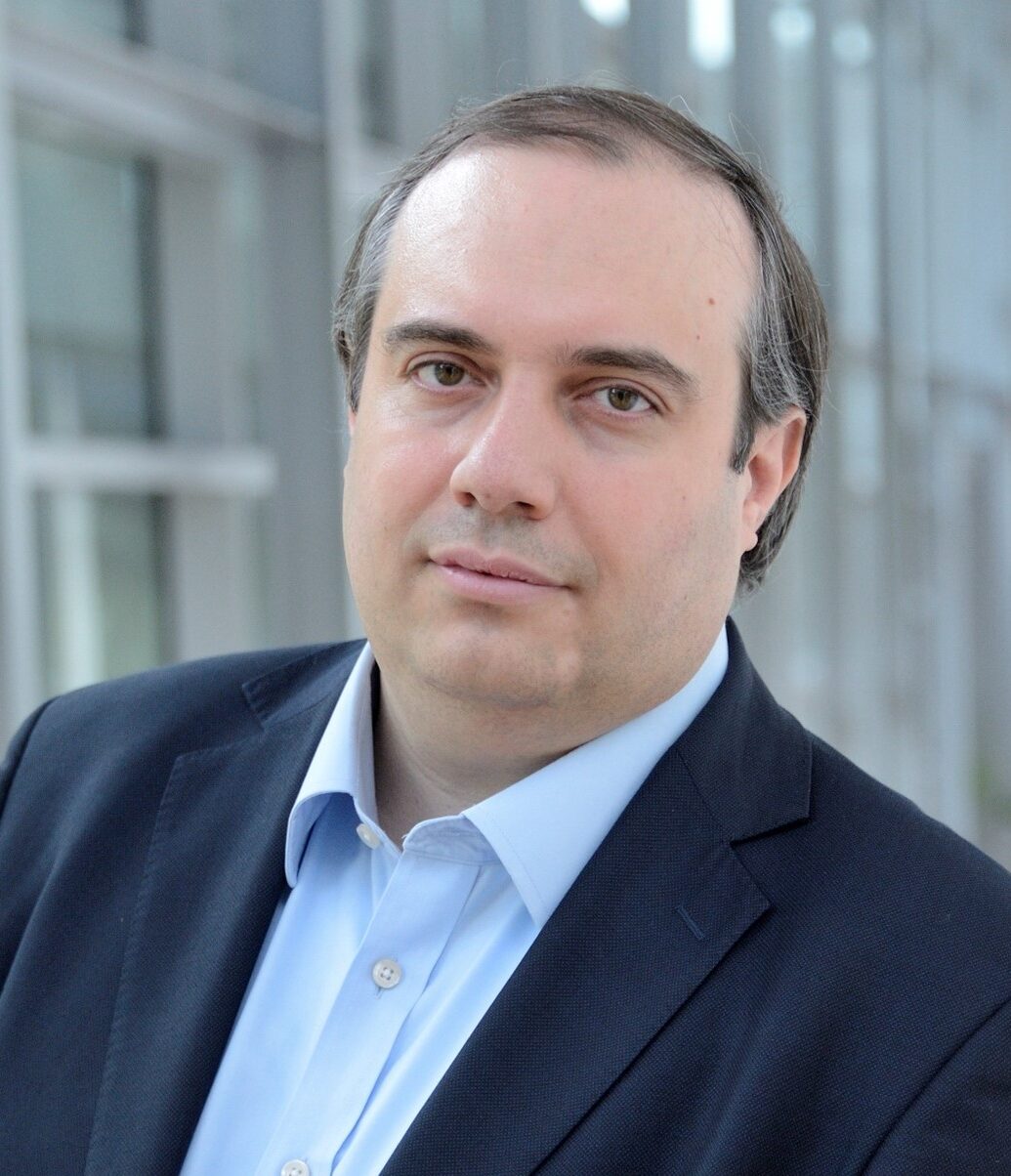
Andrea Ferrari
Professor of Nanotechnology
Department of Engineering
University of Cambridge
Andrea Ferrari is Professor of nanotechnology at the University of Cambridge and a Fellow of Pembroke College. He founded and directs the Cambridge Graphene Centre and the EPSRC Layered Materials Research Foundry. He co-Chairs the EPSRC Centre for Doctoral Training in 2D Materials for Tomorrow, the University of Cambridge Strategic Research Initiative in Quantum and Advanced Materials for a Sustainable Society (QAMSS), and the Graphene Flagship Coordination Panel of the Innovative Advanced Materials for Europe (IAM4EU) Partnership. He is a Fellow of the Royal Academy of Engineering, the American Physical Society, the Materials Research Society, the Institute of Physics, the Optical Society, the Royal Society of Chemistry, The European Academy of Sciences, the Academia Europaea, and he received numerous awards, such as the Royal Society Brian Mercer Award for Innovation, the Royal Society Wolfson Research Merit Award, the Marie Curie Excellence Award, the Philip Leverhulme Prize, The EU-40 Materials Prize.

